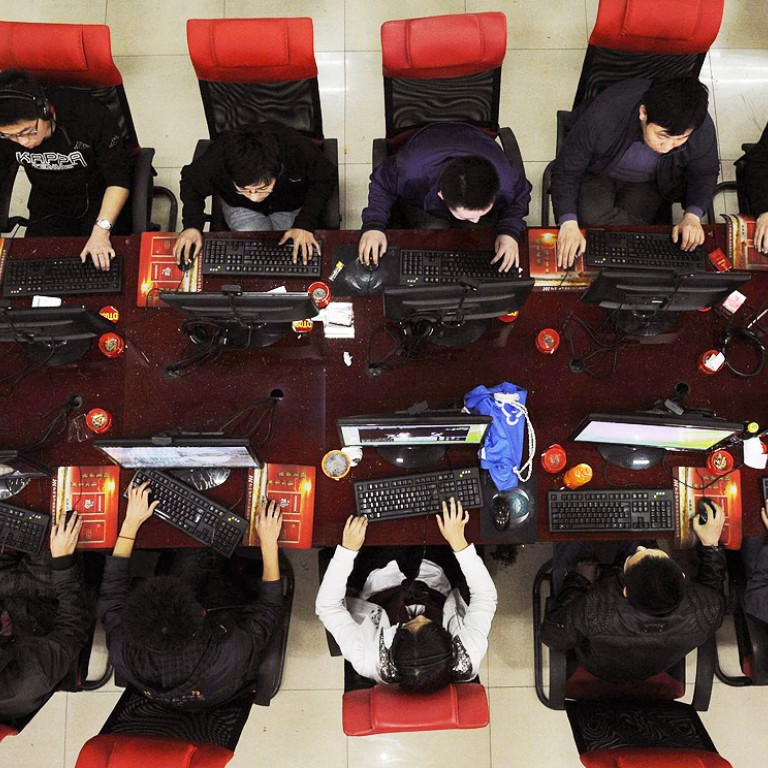
China to force social media users to declare their real names
Mainland regulators say people will be able to have nicknames - they will just have to register them with website administrators first
Online real-name registration will be ramped up on the mainland this year to cover instant messaging services, Twitter-like microblogs, online forums and other websites as the Communist Party continues to tighten its grip on cyberspace.
The Cyberspace Administration did not give details on how the plan would be carried out, but administration official Xu Feng said yesterday the agency would "comprehensively" implement the rule and "beef up" oversight to punish violators.
Xu said website users would still be allowed to use a nickname online, but they would have to register their real identities with website administrators.
Real-name registration would also apply to open online forums called , Xu said, without elaborating.
Authorities have in the past ordered users to register with their real names for some services, but the rules were not always followed.
In Beijing, for example, all users of social media platforms operated in the capital, including the Sina Weibo microblog service, were supposed to register their names and identity numbers in 2011 as part of a push to rein in online rumour-mongering and "cleanse" content.
But a year later it was still possible to use the Sina service without doing so.
Sina admitted publicly it had failed to fully implement the regulation in 2012 because it was time-consuming and eroding its user base.
Zhan Jiang, a professor of international journalism at Beijing Foreign Studies University, said the administration was obviously trying to extend that rule nationwide and with wider targets, as the top leadership had repeatedly stressed "internet governance".
Some Weibo users complained the move would lead to more self-censorship, while others people were worried about leaks of personal data.
"Who can ensure the security of my personal information once I register [with these websites]? Are these commercial websites trustworthy? I'm already receiving all kinds of scam phone calls without knowing how my information was leaked," one Weibo user wrote.
Others said South Korea scrapped a similar system after hackers exposed data on up to 35 million people.
"The authorities need to make it clear to the public what laws and regulations they're following to implement such a registration system, and answer the question of whether they're in conflict with the constitution that promises the right to 'freedom of speech'," Zhan said.
The authorities also announced the closure of 24 websites, nine online columns and 17 public WeChat accounts for masquerading as government websites while publishing false information.
Among the 24 websites were two grass-roots anti-graft websites with petitions from members of the public who were trying to expose official corruption and wrongdoing.

